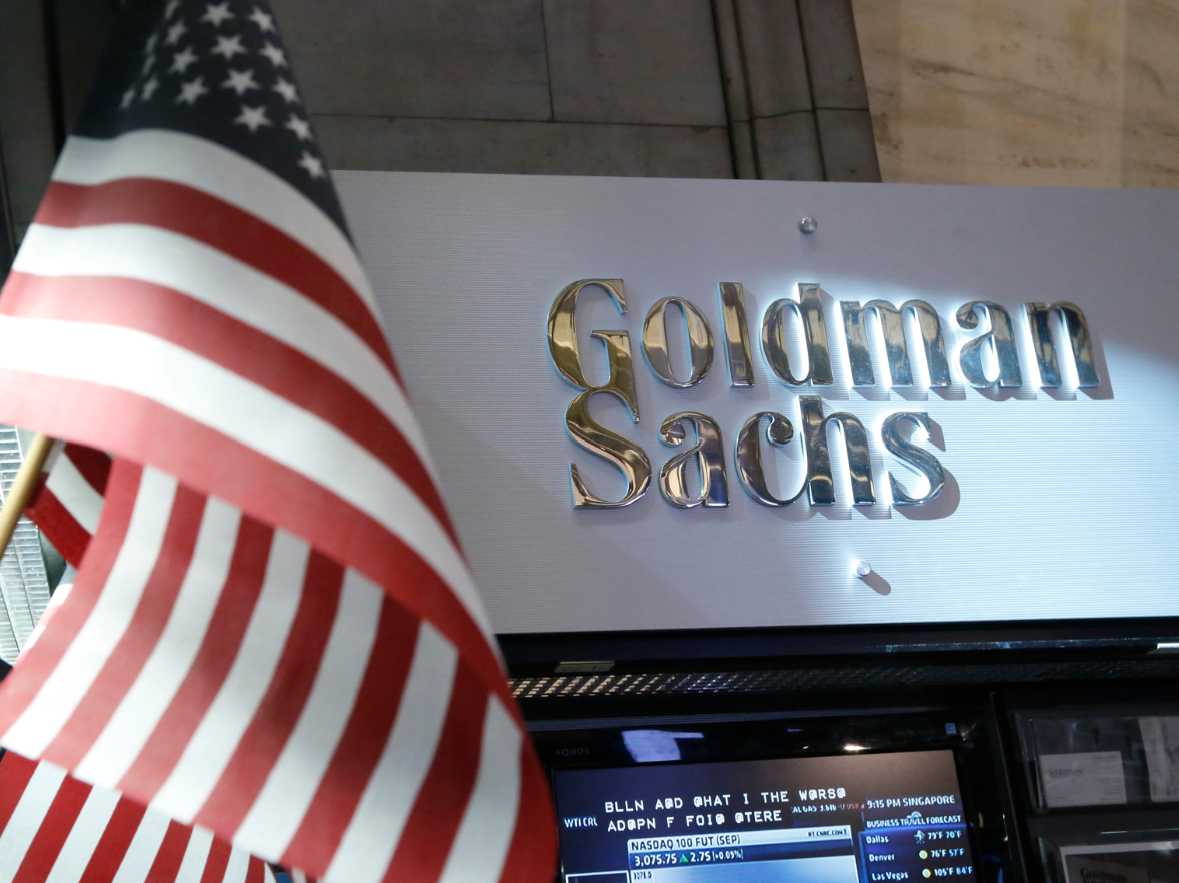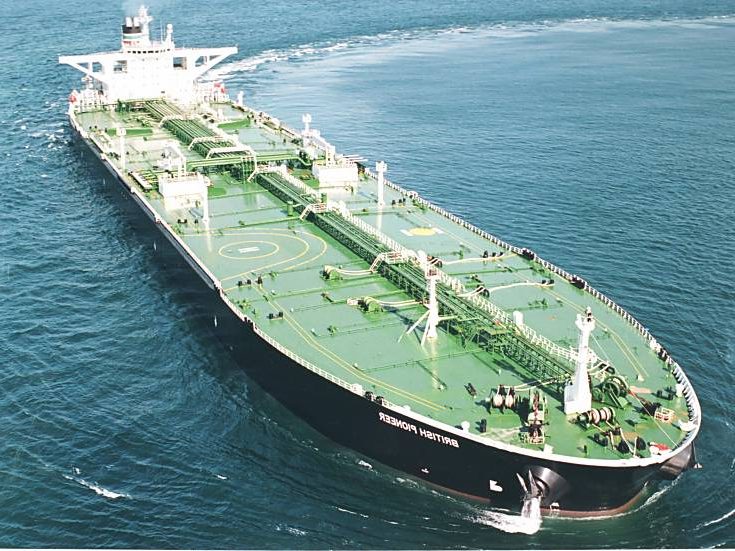The British oil and gas giant also extended its share repurchasing programme, announcing plans to buy $4 billion of stock over the next three months after completing $6 billion in purchases in the second quarter.
Shell shares were up nearly 6% by 1430 GMT, compared with a 3.5% gain for the broader European energy sector.
Van Beurden will be succeeded by Wael Sawan, the current head of Shell’s natural gas and low-carbon division.
With a profit of $30.5 billion so far this year, Shell is well on track to exceed its record annual profit of $31 billion in 2008.
The strong earnings were likely to intensify calls in Britain and the European Union to impose further windfall taxes on energy companies as governments struggle with soaring gas and power bills.
Van Beurden said the energy industry “should be prepared and accept” that it will face higher taxes to help struggling parts of society.
French rival TotalEnergies posted a record profit in the third quarter.
Shell’s quarterly adjusted earnings of $9.45 billion, which slightly exceeded forecasts, were hit by a sharp 38% quarterly drop in the gas and renewables division, the company’s largest.
Earnings for the second quarter were a record $11.5 billion.
The world’s largest trader of liquefied natural gas (LNG) produced 7.2 million tonnes of LNG in the period, 5% less than in the previous quarter, mainly due to ongoing strikes at its Australian Prelude facility.
Its gas trading business was hit this quarter by “supply constraints, coupled with substantial differences between paper and physical realisations in a volatile and dislocated market.”
Earnings from the refining, chemicals and oil trading division also dropped sharply by 62% in the quarter due to weaker refining margins.
Shell said it would stick to its plans to spend $23 billion to $27 billion this year.
Shell’s cash flow in the third quarter dropped sharply to $12.5 billion from $18.6 billion in the second quarter due to a large working capital outflow of $4.2 billion as a result of changes in the value of European gas inventories.
Shell’s net debt rose by around $2 billion to $46.4 billion due to lower cash flow from operations and to pay for a recent acquisition. Its debt-to-capital ratio, known as gearing, also rose above 20%.
Follow us on twitter




